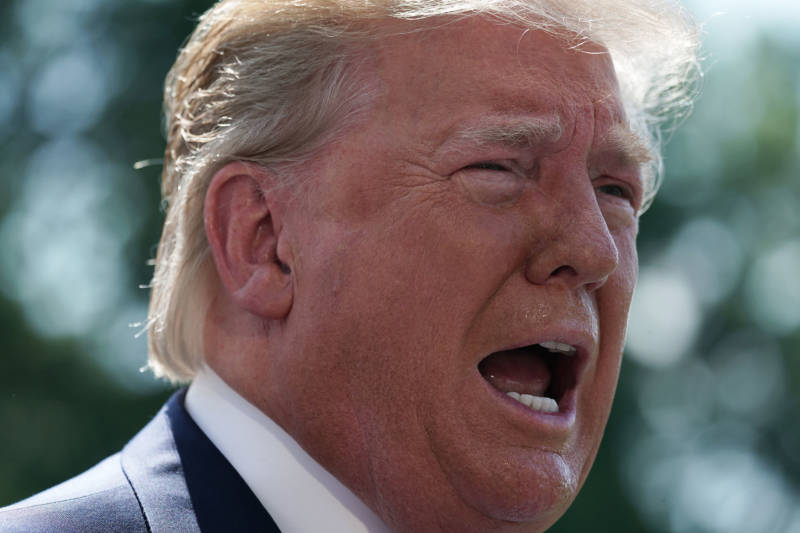The administration was facing a Friday deadline to notify a federal judge in Maryland of its census plans. U.S. District Judge George Hazel said in a conference call on Wednesday with lawyers on both sides of the case that he was becoming increasingly frustrated with the mixed signals the administration was sending, first telling him on Tuesday that the question was off and then Trump tweeting the next day that the administration was "absolutely moving forward" with efforts to include the question.
Hazel is one of three federal judges who blocked the Trump administration from adding a citizenship question to the 2020 census. The others are in New York and California.
In the Supreme Court's decision last week, Chief Justice John Roberts joined the court's four more liberal members in saying the administration's current justification for the question "seems to have been contrived."
The administration had pushed the Supreme Court to decide the case quickly, citing a July 1 deadline to begin printing the forms. The court took the rare step of taking up the case directly from a trial court in New York before an appeals court had weighed in. As recently as June 20, Solicitor General Noel Francisco reminded the justices of the need for a quick decision, writing that "for all practical purposes, the Census Bureau needs to finalize the 2020 questionnaire by June of this year."
The Trump administration had said the question was being added to aid in enforcement of the Voting Rights Act, which protects minority voters' access to the ballot box.
But the question's opponents say recently discovered evidence from the computer files of a Republican redistricting consultant who died last year shows that, far from helping minority voters, discrimination against Hispanics was behind the push for the citizenship question.
Hazel is considering reopening the Maryland case to take account of the new evidence, which could provide a separate basis for blocking the citizenship question.
This post has been updated.
